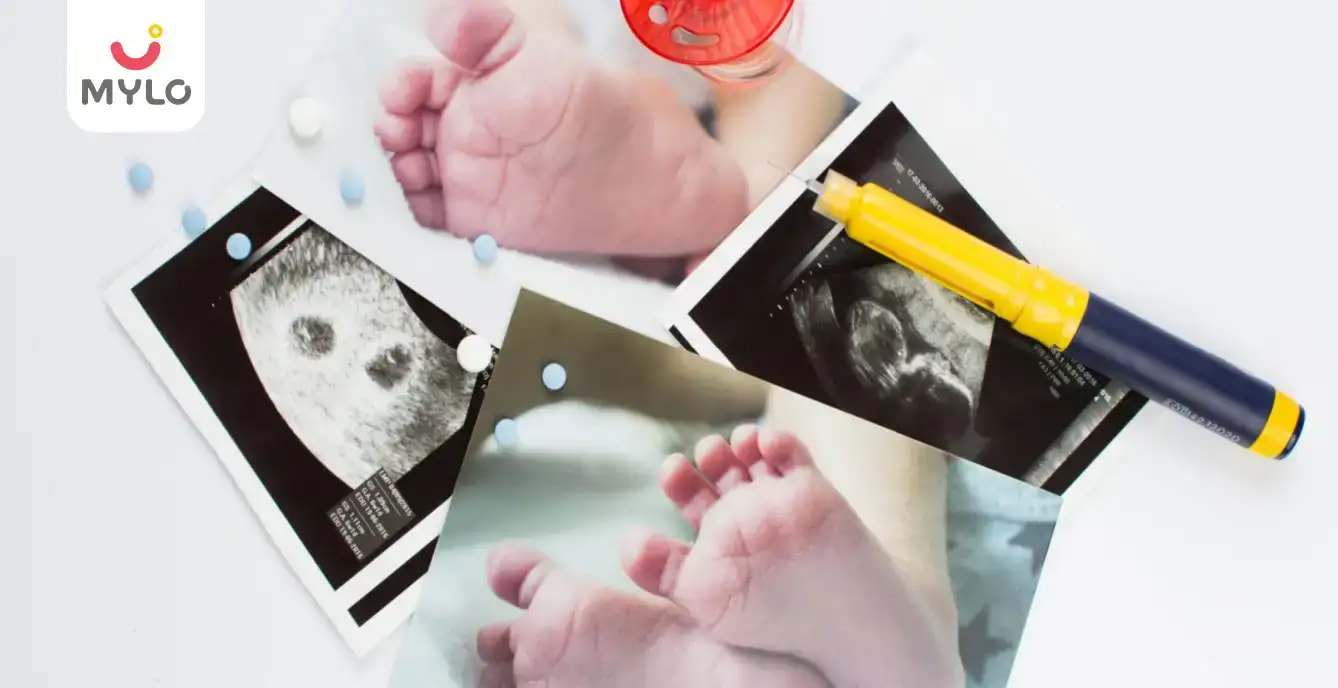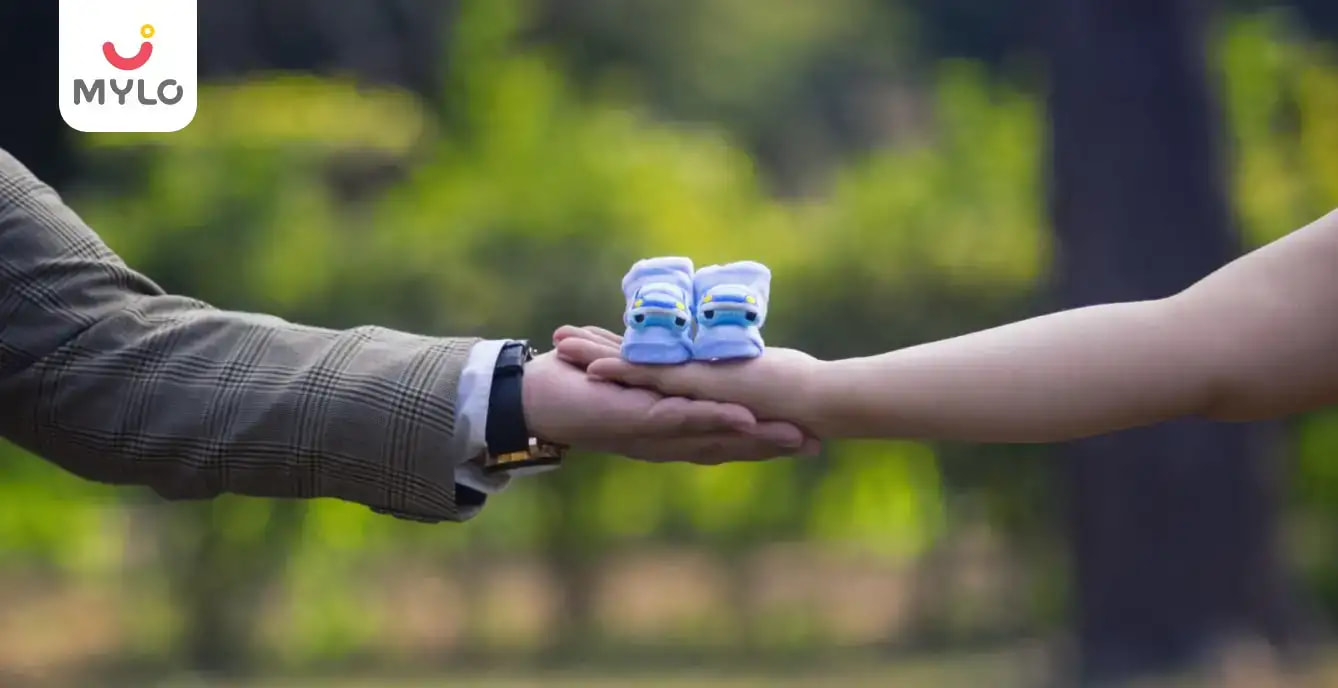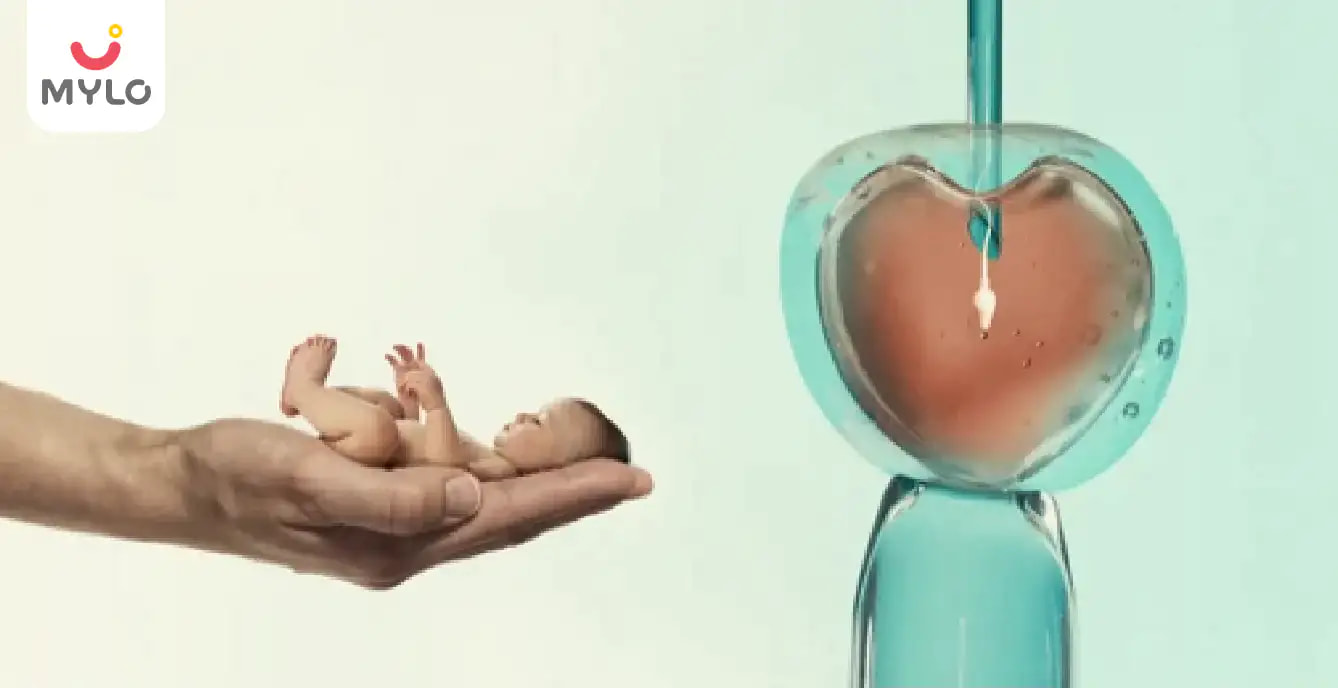Home

In Vitro Fertilization (IVF)

Difference Between IUI and IVF: Which is Better for You?
In this Article
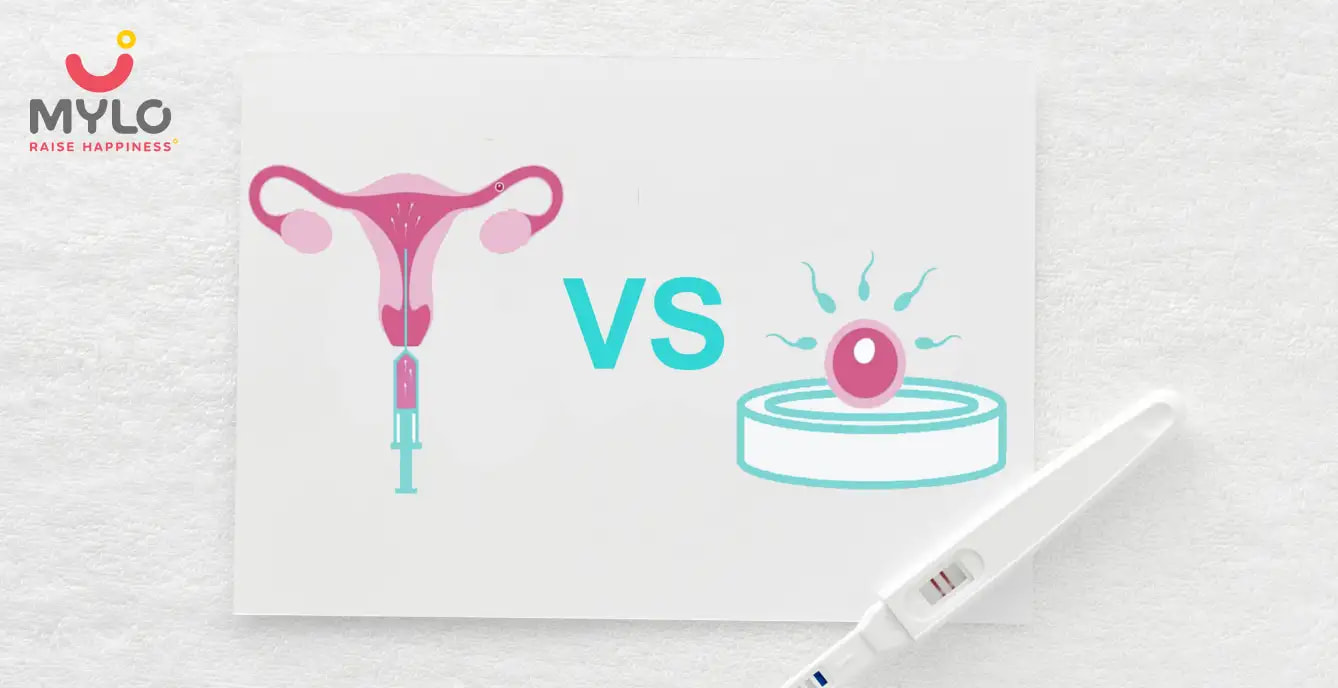
In Vitro Fertilization (IVF)
Difference Between IUI and IVF: Which is Better for You?
Updated on 24 July 2023



Medically Reviewed by
Kusum Sabharwal
Obstetrician & Gynecologist - MBBS| DGO
View Profile

If you're struggling with infertility, you may have heard of two common fertility treatments: Intrauterine Insemination (IUI) and In Vitro Fertilization (IVF). While both treatments involve assisted reproductive technologies, there is a difference between IUI and IVF that can affect which treatment is right for you.
In this article, we'll understand about the procedures, success rates, costs, and potential risks associated with each treatment method before making an informed decision.
What is IVF and IUI?
Before we dive into the differences between IUI and IVF, it's important to understand what each treatment entails.
IUI, also known as artificial insemination, involves placing sperm directly into a woman's uterus to increase the chances of fertilization. The process is typically less invasive and less expensive than IVF.
IVF, on the other hand, involves fertilizing an egg with sperm in a laboratory setting and then transferring the resulting embryo(s) into a woman's uterus. IVF is a more complex and expensive procedure than IUI, but it may be a better option for individuals or couples who have more significant fertility issues.
Key Difference Between IUI and IVF
The main difference between IVF and IUI is the location where fertilization occurs. In IUI, fertilization occurs inside the woman's body, while in IVF, fertilization occurs outside the body in a laboratory setting. Because of this difference, IVF is generally a more effective treatment for infertility than IUI.
Another distinction between IUI and IVF is the level of medical intervention required. IUI is a relatively simple procedure that can be performed in a doctor's office, while IVF requires more advanced medical technology and laboratory facilities. IVF also involves more medications and monitoring than IUI.
Difference Between IUI and IVF Eligibility
Eligibility requirements for IUI and IVF can vary depending on the clinic and the individual's medical history. In general, IUI may be recommended for individuals or couples with mild to moderate fertility issues, such as low sperm count or irregular ovulation. IVF may be recommended for individuals or couples with more significant fertility issues, such as blocked fallopian tubes or advanced maternal age.
Age can also be a factor in determining eligibility for IVF. Women over the age of 35 may be more likely to be recommended for IVF due to decreased fertility. In some cases, individuals or couples may need to undergo fertility testing before being deemed eligible for either IUI or IVF.
Difference Between IUI and IVF Procedure
The procedures for IUI and IVF are distinct and can vary depending on the clinic and individual needs.
The IUI procedure involves several steps. First, the woman may be given medication to stimulate ovulation. Then, the man provides a semen sample, which is washed and concentrated to increase the number of healthy sperm. The sperm is then placed directly into the woman's uterus using a thin catheter.
IVF, on the other hand, involves a more complex and multi-step process. First, the woman undergoes ovarian stimulation to produce multiple eggs. Then, the eggs are retrieved and fertilized with sperm in a laboratory setting. After several days of growth, one or more embryos are transferred into the woman's uterus.
Difference Between IUI and IVF Implantation
After the IUI or IVF procedure, implantation is the next critical step for a successful pregnancy.
In IUI, implantation occurs naturally in the woman's uterus. The success rate for IUI can vary depending on factors such as age, fertility issues, and the number of healthy sperm used in the procedure.
In IVF, one or more embryos are transferred into the woman's uterus. The success rate for IVF can also vary depending on factors such as age, the number of embryos transferred, and embryo quality. In some cases, additional embryos may be frozen for future use.
Difference Between IUI and IVF Cost
The cost of IUI and IVF can vary widely depending on several factors, including the clinic, the location, and the individual's medical history.
The cost of IUI in India is generally more affordable compared to IVF. The cost of IUI can range from as low as Rs. 3,000 to Rs. 6,000 per cycle. However, the cost can increase if medications or additional procedures are required.
On the other hand, the cost of IVF in India can be higher, with an average cost of about Rs. 60,000 to 80,000 per cycle, excluding medication costs. It's important to note that these are general cost estimates and may vary depending on the clinic and specific treatment requirements. Some clinics may offer financing options or package deals that can help reduce the cost.
IUI vs IVF Success Rates
The success rates for IUI and IVF can also vary depending on several factors.
The success rate for IUI is generally lower than for IVF, with an average success rate of around 10-20% per cycle. However, the success rate can increase with multiple cycles.
The success rate for IVF can also vary depending on factors such as age, the number of embryos transferred, and embryo quality. In general, the success rate for IVF is higher than for IUI, with an average success rate of around 30-40% per cycle.
You may also like : 7 Most Popular IVF Myths Busted
How to Determine Which One is Right for You?
Determining which fertility treatment is right for you can be a complex decision that involves several factors, including medical history, age, and personal preferences.
It's essential to work closely with a fertility specialist to understand your individual needs and options. The specialist can provide an evaluation of your medical history and recommend the most appropriate treatment based on your unique situation.
Other factors to consider may include the cost, the level of medical intervention required, and the success rates of each treatment.
FAQs
1. Which is more painful, IUI or IVF?
Both IUI and IVF procedures are relatively painless and do not require anesthesia. However, some individuals may experience mild discomfort or cramping during or after the procedure.
2. Is IVF better than IUI?
While both IUI and IVF can be effective fertility treatments, IVF is generally considered to be more effective than IUI. This is because IVF involves fertilization in a laboratory setting, which allows for more control over the fertilization process and the quality of the embryos.
3. Is IUI successful in first try?
In general, the success rate for IUI is lower than for IVF, with an average success rate of around 10-20% per cycle. However, some individuals may be successful in the first cycle, while others may require multiple cycles to achieve a successful pregnancy.
The Bottomline
In conclusion, both IUI and IVF are effective fertility treatments that can help individuals and couples struggling with infertility but it’s important to know the difference between IUI and IVF. While IVF is generally more effective than IUI, it is also a more complex and expensive procedure. Determining which treatment is right for you will depend on several factors, including medical history, age, and personal preferences. It's important to work closely with a fertility specialist to understand your options and make an informed decision.
References
1. Mendieta MA, Aranda AS, López JFM, Sánchez AMR, Mondragón EC. (2022). Comparative analysis of the pregnancy rate via in vitro fertilization vs. previous artificial insemination in patients with unexplained infertility. NCBI
2. Darvishi A, Goudarzi R, Zadeh VH, Barouni M. (2020).Cost-benefit Analysis of IUI and IVF based on willingness to pay approach; case study: Iran. PLoS One. NCBI
3. Homburg R. (2022). IUI is a better alternative than IVF as the first-line treatment of unexplained infertility. Reprod Biomed Online. NCBI





Medically Reviewed by
Kusum Sabharwal
Obstetrician & Gynecologist - MBBS| DGO
View Profile


Written by
Priyanka Verma
Priyanka is an experienced editor & content writer with great attention to detail. Mother to an 11-year-old, she's a ski
Read MoreGet baby's diet chart, and growth tips

Related Articles
RECENTLY PUBLISHED ARTICLES
our most recent articles
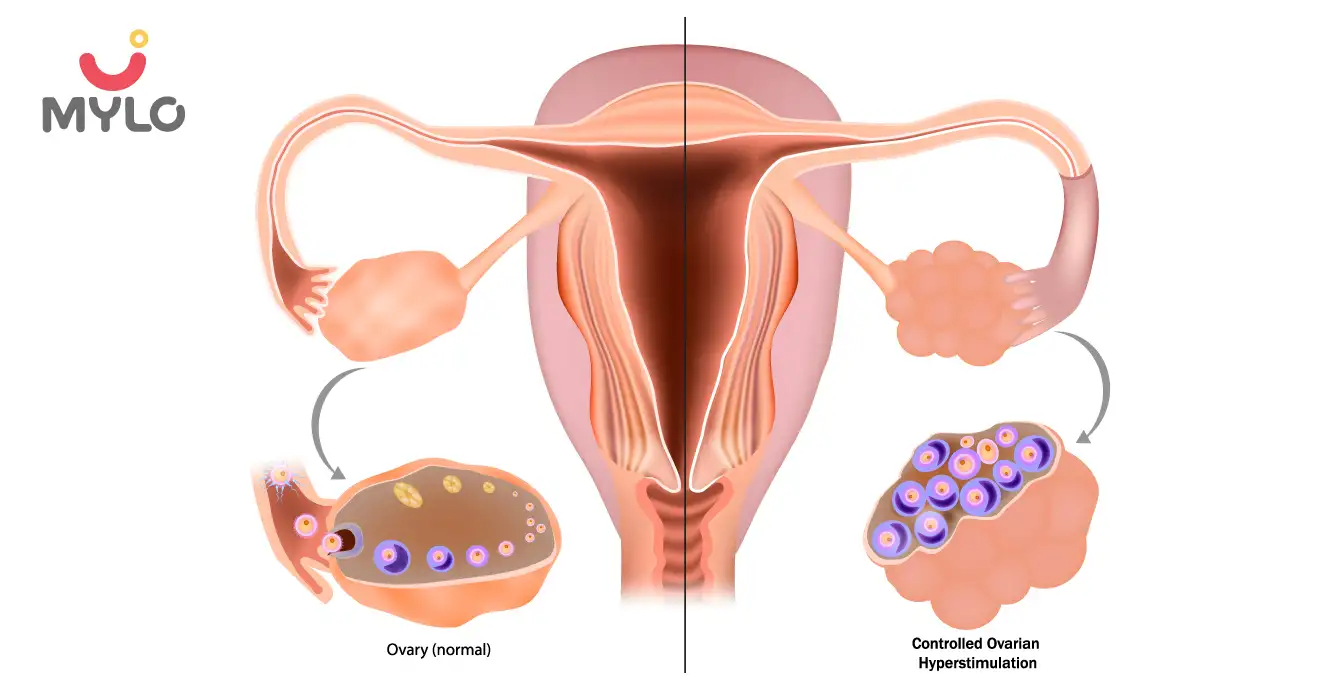
In Vitro Fertilization (IVF)
Ovarian Stimulation: Understanding the Process and What to Expect

In Vitro Fertilization (IVF)
IVF Baby Delivery: Will You Have a C Section or Vaginal Delivery?

In Vitro Fertilization (IVF)
How Many Injections for IVF Treatment Do You Really Need

Conception
IUI Failure Symptoms & Reasons: Understanding Why IUI Fails & What to Do Next

Lactose Intolerance
Lactose Intolerance in Babies: A Parent’s Guide to Identifying and Managing it

Medical Procedures
TESA IVF: How This Procedure Can Help You Achieve Your Dream of Parenthood
- How Can You Encourage Sensory Play for Your Baby and What are Its Benefits?
- After How Many Weeks IVF Pregnancy Is Safe: Understanding The Ideal Timeline
- Exploring the Senses: 9 Incredible Benefits of Sensory Play for Your Child's Development
- The Ultimate Guide to Childproofing Your Home
- Start Their Love for Reading Early: The Best Books for Baby's First Library
- CMPA (Cow's Milk Protein Allergy): Identifying Symptoms and Understanding Treatment
- Birth Control Options While Breastfeeding: Balancing Parenthood and Contraception
- Period During Breastfeeding What Every New Mother Should Know
- Role of Stories and Rhymes in Your Baby’s Brain Development
- Intracytoplasmic Sperm Injection (ICSI) How It Can Help Treat Male Infertility
- Baby Sleeping While Breastfeeding: Understanding the Causes and Solutions
- Lump in Breast During Breastfeeding How to Identify, Treat, and Prevent Lump Formation
- Understanding Down Syndrome: A Comprehensive Guide for Parents
- Lactation Failure: A Comprehensive Guide to Understanding the Causes and Solutions


AWARDS AND RECOGNITION

Mylo wins Forbes D2C Disruptor award

Mylo wins The Economic Times Promising Brands 2022
AS SEEN IN

- Mylo Care: Effective and science-backed personal care and wellness solutions for a joyful you.
- Mylo Baby: Science-backed, gentle and effective personal care & hygiene range for your little one.
- Mylo Community: Trusted and empathetic community of 10mn+ parents and experts.
Product Categories
baby carrier | baby soap | baby wipes | stretch marks cream | baby cream | baby shampoo | baby massage oil | baby hair oil | stretch marks oil | baby body wash | baby powder | baby lotion | diaper rash cream | newborn diapers | teether | baby kajal | baby diapers | cloth diapers |




